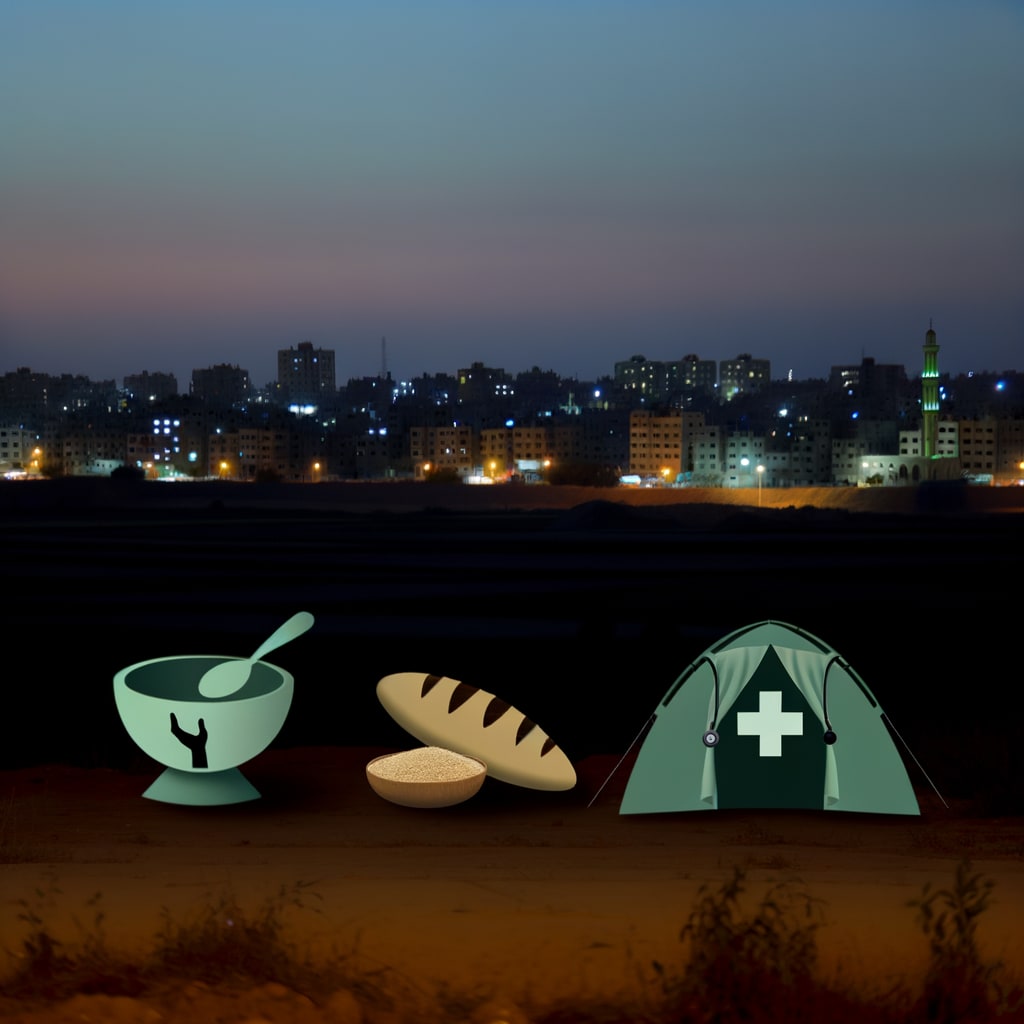Gaza's Hunger Crisis: A Rising Death Toll Amid Blockade
Palestinians in Gaza are facing a devastating hunger crisis, with at least 181 deaths, including 94 children and infants, due to starvation and malnutrition, as reported by the Palestinian Health Ministry. The escalating crisis has been attributed to Israel's ongoing blockade of aid for over four months, raising concerns of mass starvation among international humanitarian organizations.
The Dire Situation in Gaza
The Gaza Strip's hunger crisis is a grim reality. Ahmed Aaed, a Palestinian boy, mourns the loss of a kitten he was unable to save due to the Israeli-imposed blockade, symbolic of the broader human tragedy unfolding within the territory. Desperate families are resorting to feeding infants with unsafe alternatives such as herbs, sand, and sesame paste due to the scarcity of milk and other essential goods.
The situation is exacerbated by cash shortages, with Palestinians being forced to pay exorbitant fees to withdraw money to purchase food. Even when food aid reaches the region, those who have been starving risk suffering from refeeding syndrome, a fatal complication that arises when malnourished individuals regain access to regular meals.
Health Consequences of the Blockade
The Israeli blockade has not only resulted in hunger but has also led to severe health complications. American doctor Mark Brawner, returning from Gaza, warned of a large-scale genocide. He reported that residents are suffering from tumors and stomach ulcers caused by starvation and warned of a widespread collapse in bodily functions among the population.
In addition to this, the Gaza Civil Defence reported that nine people, including four children, were transported to the hospital after exhibiting symptoms of food poisoning, likely caused by expired or improperly stored canned food donations.
International Reactions and Political Implications
The crisis has drawn protests across the West Bank, with Palestinians carrying photos of those killed or imprisoned by Israel and images depicting the hunger crisis in Gaza. Meanwhile, negotiations for a cease-fire between Israel and Hamas have hit a wall, and political pressure on Israel is mounting.
The Gaza Humanitarian Foundation, backed by the United States and Israel, has been criticized by UN human rights experts who argue that the program conceals military and political objectives beneath a facade of relief. This comes as U.S. and Israeli officials propose an 'all or nothing' deal, which has been met with widespread skepticism due to the ongoing disagreements between Israel and Hamas over the terms of any deal.
Conclusion
The situation in Gaza remains critical, with one in three people going days without food, according to UNICEF. The World Health Organization stated that Gaza City has been the area worst-hit by malnutrition in the Gaza Strip, with nearly one in five children under five being acutely malnourished. The World Food Programme has warned that thousands are at risk as Israel continues to block the entry of aid, contributing to an unfolding famine.

